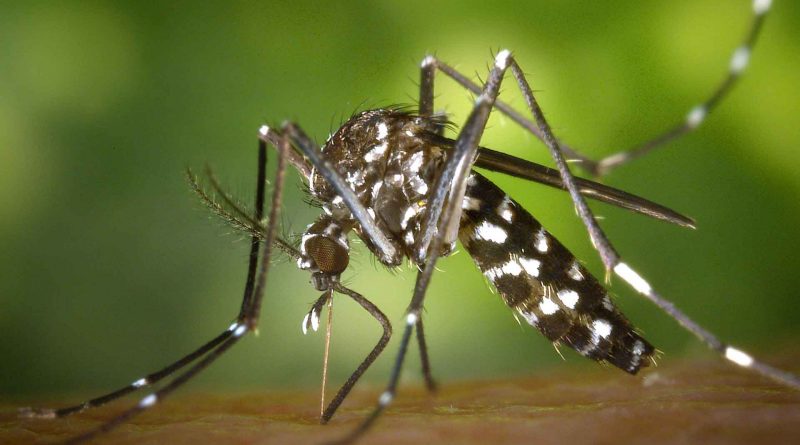Mosquito-borne diseases has threaten World
Mosquito-borne diseases have indeed posed significant threats to global health and well-being. These diseases are transmitted to humans through the bites of infected mosquitoes and can have severe consequences for individuals and communities. Some of the most notable mosquito-borne diseases include:
1. Malaria: Malaria is one of the most widespread mosquito-borne diseases, affecting millions of people each year, especially in sub-Saharan Africa. It is caused by the Plasmodium parasite and can lead to severe fever, chills, and anemia, and in some cases, it can be fatal if not treated promptly.
2. Dengue Fever: Dengue is a viral infection transmitted by Aedes mosquitoes. It is prevalent in tropical and subtropical regions, including parts of Asia and the Americas. Symptoms range from mild flu-like symptoms to severe dengue, known as dengue hemorrhagic fever, which can be life-threatening.
3. Zika Virus: The Zika virus is primarily transmitted by Aedes mosquitoes and has gained attention due to its association with birth defects, particularly microcephaly, in babies born to infected mothers. It can also cause other neurological complications in adults.
4. Chikungunya: Chikungunya is a viral disease transmitted by Aedes mosquitoes, causing fever and severe joint pain. While rarely fatal, it can result in prolonged joint pain that lasts for months or even years.
5. Yellow Fever: Yellow fever is a viral disease transmitted by infected mosquitoes in tropical regions of Africa and South America. It can cause severe symptoms, including high fever, jaundice, and bleeding. Vaccination is available to prevent yellow fever.
6. West Nile Virus: West Nile virus is transmitted by infected mosquitoes and can cause flu-like symptoms or, in severe cases, neurological complications.
The spread of mosquito-borne diseases is influenced by various factors, including climate change, urbanization, travel, and population movement. Mosquitoes thrive in warm and humid conditions, and as these conditions become more prevalent due to climate change, the geographic range of mosquito populations and the diseases they carry can expand.
Efforts to combat mosquito-borne diseases involve a combination of strategies, such as mosquito control programs, public health education, vaccination when available, and research to develop new preventive measures and treatments. Vector control measures, such as using insecticides, eliminating breeding sites, and implementing community-based initiatives, are crucial in reducing mosquito populations and disease transmission.
International collaboration and public awareness are vital in addressing the global threat of mosquito-borne diseases. Health organizations, governments, and communities need to work together to implement effective prevention and control strategies, reduce the burden of these diseases, and protect vulnerable populations from their impact.



